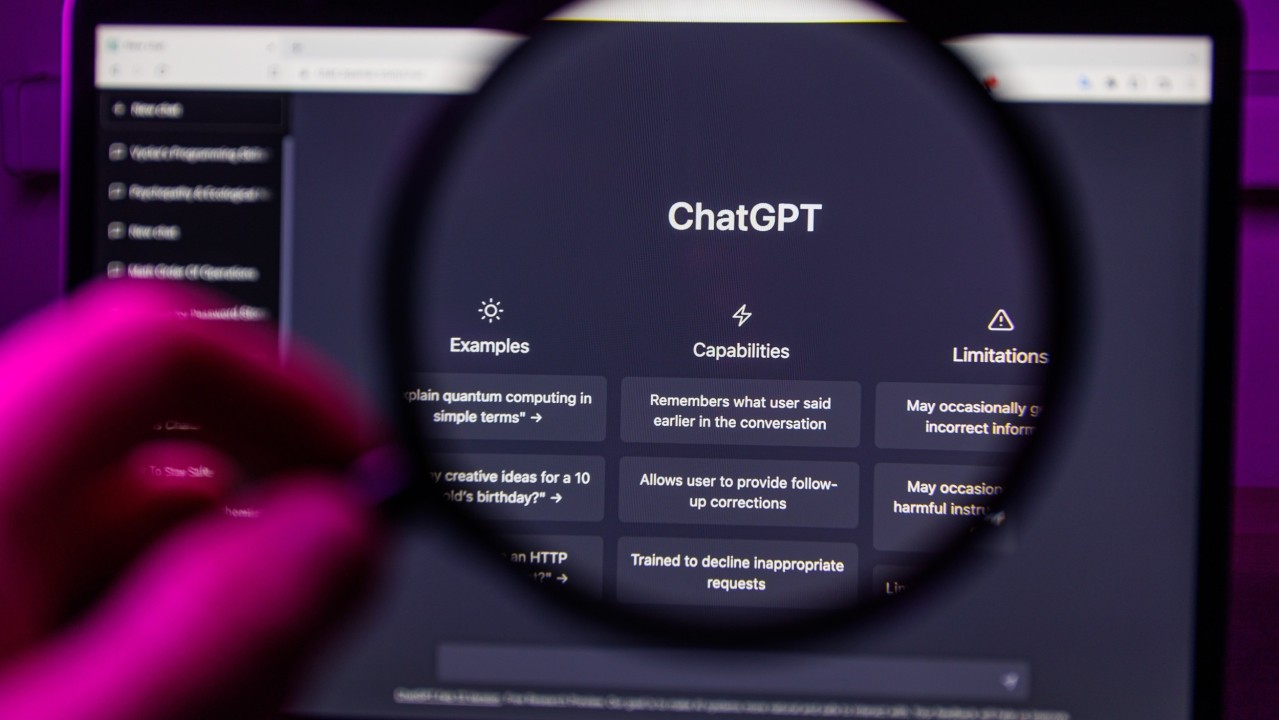News
From Keywords to Intent: AI’s Impact on SEO Content Strategies
The advent of artificial intelligence (AI) in digital marketing, particularly in SEO content strategies, marks a significant shift from traditional keyword-centric approaches to a more nuanced understanding of user intent. This transformation is not just about staying atop search engine results pages (SERPs) but about forging meaningful connections with users by delivering content that genuinely resonates with their search intentions.
The Evolution of SEO: From Keywords to User Intent
Historically, SEO strategies heavily emphasised keywords. Marketers would sprinkle these keywords throughout their web content, hoping to match their web pages as closely as possible with the queries entered by users into search engines. While this approach yielded results in the past, it often led to content that was overstuffed with keywords, compromising readability and user experience.
The introduction of sophisticated algorithms by search engines, such as Google’s BERT (Bidirectional Encoder Representations from Transformers), marked a paradigm shift towards understanding the context and intent behind search queries. BERT, for example, can interpret the nuance of language in search queries, matching them with more relevant results. This development underscores a broader trend: the transition from a simplistic keyword matching approach to a more complex, intent-driven strategy.
The Role of AI in Unpacking User Intent
AI’s role in SEO is multifaceted, extending beyond the basic analysis of keywords to delve into the realm of semantic search and user intent. Semantic search refers to the process of understanding the searcher’s intent and the contextual meaning of terms to generate more relevant search results. AI, with its ability to process and analyse vast amounts of data at unprecedented speeds, is at the forefront of this revolution.
One of the key ways AI impacts SEO content strategies is through predictive analysis. By analysing past search behaviour and patterns, AI can predict future search queries and trends. This capability allows content creators to anticipate what information users are likely to seek, enabling them to tailor their content to meet these needs proactively.
Moreover, AI-powered tools are now capable of identifying gaps in content. By understanding the broader context of search queries, these tools can suggest topics that are not adequately covered online, providing content creators with opportunities to fill these gaps and meet the specific needs of their audience.
Enhancing Content Relevance and Quality with AI
The incorporation of AI in SEO strategies is not just about understanding what users are searching for; it’s also about delivering content that is genuinely useful and relevant. Google’s E-A-T guidelines (Expertise, Authoritativeness, Trustworthiness) emphasise the importance of content quality, a principle that AI can help uphold by analysing content against these metrics.
Content optimisation tools powered by AI can assess the comprehensiveness of content, suggest improvements, and even evaluate the readability and engagement level of the text. This analysis ensures that the content not only matches the user’s intent but is also informative, authoritative, and accessible.
The Impact of AI on SEO in the UK
The impact of AI on SEO content strategies is evident worldwide, including in the UK. According to Statista, the UK’s digital advertising spending is projected to grow, with a significant portion allocated to search advertising. This investment underscores the importance of SEO and the need for strategies that are not only effective but also efficient and forward-thinking.
Furthermore, a study by Ofcom highlights the increasing use of internet services among UK adults, with search engines playing a crucial role in information retrieval. The report emphasises the need for search engine optimisation strategies that go beyond keywords, focusing on understanding and addressing the underlying intent of search queries.
Challenges and Opportunities
The integration of AI into SEO poses its set of challenges. The dynamic nature of AI and its algorithms means that digital marketers must continually adapt their strategies to keep pace with technological advancements. Moreover, the emphasis on user intent and content quality requires a deeper understanding of the target audience, necessitating more sophisticated research and analysis.
However, these challenges also present opportunities. AI offers the tools to conduct more nuanced and sophisticated analysis, enabling marketers to create content strategies that are highly targeted and personalised. By leveraging AI to understand and predict user intent, marketers can craft content that not only ranks well in search engines but also genuinely meets the needs of their audience.
The integration of AI into SEO content strategies represents a significant shift from keywords to understanding user intent. This evolution is transforming how content is created, optimised, and delivered, making it more relevant, engaging, and valuable to users. As AI continues to advance, the ability to interpret and respond to user intent will become increasingly sophisticated, offering new possibilities for digital marketing.
For digital marketers in the UK and beyond, the message is clear: the future of SEO lies in the nuanced understanding of user intent, powered by the capabilities of artificial intelligence. By embracing this shift, marketers can ensure that their content strategies remain effective, relevant, and ahead of the curve.





The Ultimate Social Media Guide
With the ever-growing power of social media, we use the latest techniques, video, and animation software to craft eye-catching social media assets that make your brand pop. Our designers, wielding Adobe Creative tools, create distinctive animations and graphics to illuminate your brand story and highlight your products or services. Want a unique design? No problem – we also offer bespoke designs to match your brand aesthetic.